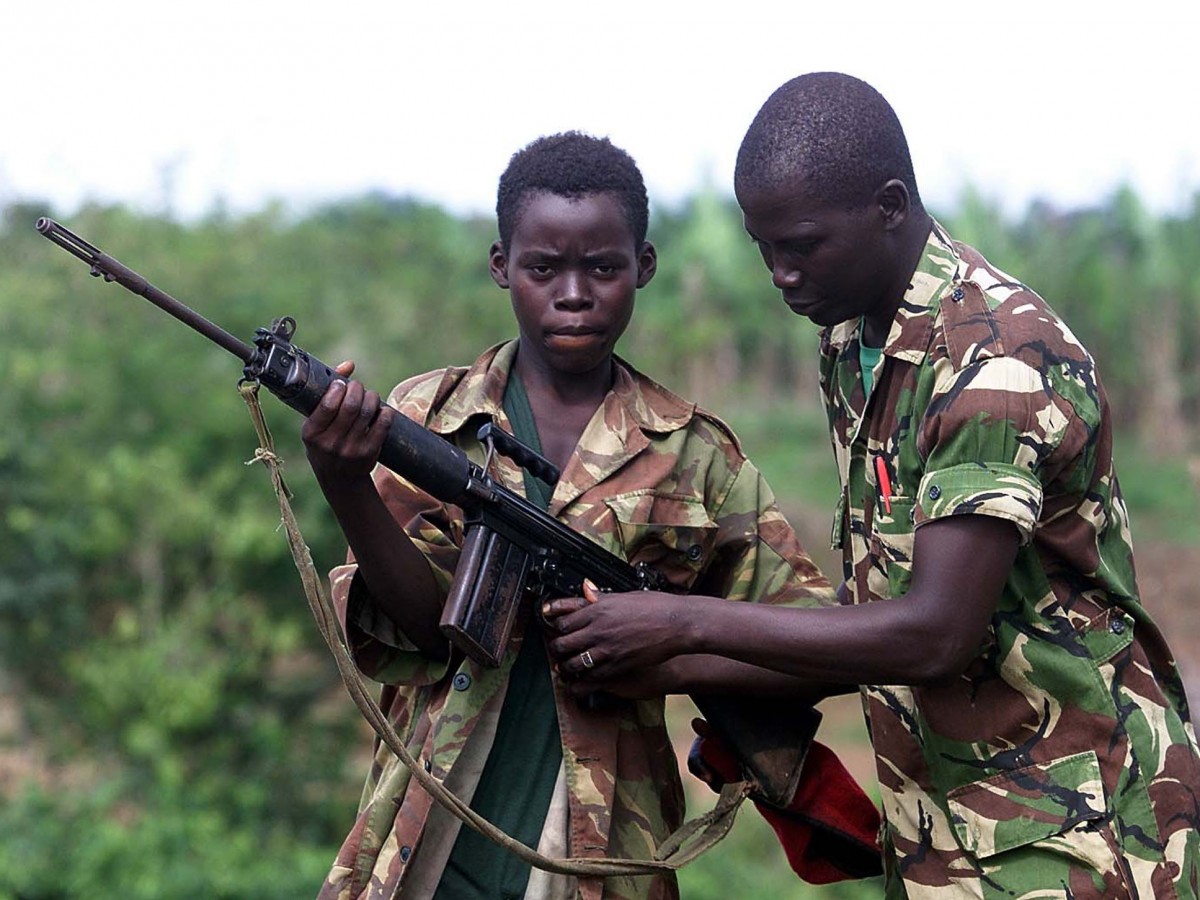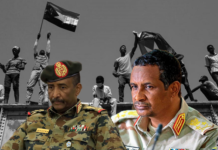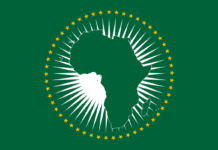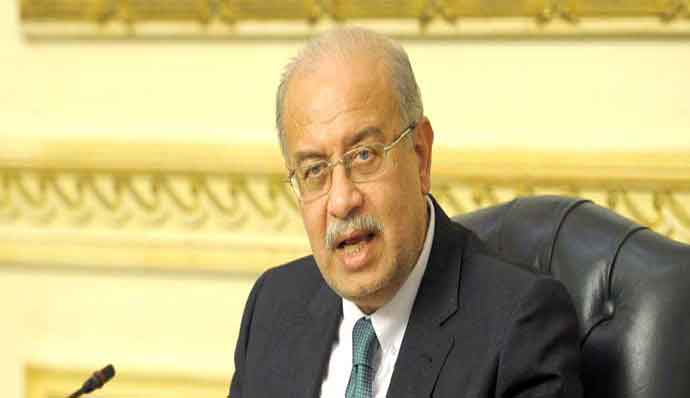By Mahmoud Ali
Increase of Israeli arms exports to Ethiopia and other African Countries Wars, conflicts and terrorist groups… a good source of income for Israel’s economy.
The Israeli arms market has been significantly revived recently; especially when it comes to military exports to African countries. In the past few years, Israel has become one of the largest exporters to Africa taking advantage of the wars and conflicts that represent good business for arms dealers, not to mention the rise of terrorist groups like Boko Haram and Harakat al-Shabaab al-Mujahideen.
African countries like Ethiopia, South Africa, and South Sudan count on Israel for arm purchases; in an attempt to strengthen its influence in that region which is of strategic importance. Although most military deals are classified, every now and then some reports on such deals come out.
Israeli arms’ exports to African countries have largely and steadily increased on an annual basis; in 2009 they were estimated at $77m. In 2012, they were estimated at $107m, which is a slight decrease compared to the $127m exports in 2011. In the latest annual report on Israeli arms purchases, Times of Israel newspaper. reported that the Israeli arms exports to Africa in 2014 was 40 per cent higher compared to the previous year according to data released by Israel Ministry of Defence.
The Newspaper pointed out that Israeli Military Industries (IMI)- or Taas- has signed $318m deals that year with Africa against $223m deals in 2013, which were always high before. Yossi Ben Hatan, Director of Marketing in Israel Ministry of Defence, had previously announced that his country’s military manufacturers have signed, during the past 2 decades, contracts that are worth tens of billions of dollars with several African countries; as it sold arms to Kenya, South Africa, Ethiopia, Eritrea, Zaire, Ghana, Uganda, Sierra Leon, and Morocco.
On her part, Dr Amany Al-Taweel, expert on African Affairs, said that we have to admit that the Israeli-African relations have not ended since the establishment of Israel as a state. Tel Aviv has a steady strategy towards Africa that is developed every now and then, part of which is to export arms to African countries that represent a diplomatic, political, and strategic tool for the enhancement of its influence in the Dark Continent.
Al-Taweel added in a special statement, that there is a clear Israeli intervention in Africa; especially when it comes to relations with the regimes of such volatile countries. She confirmed that what Tel Aviv does, is that it militarily backs one side against the other so that the first would be a follower and a friend during its rule; adding that Egypt has a lot of reservations over this strategy.
She stated that Egypt, as well, has many pressure cards that it is trying to use in this battle over influence in Africa; assuring that Egypt has achieved economic, educational, developmental, and agricultural success with African countries. As for South Africa, Israeli newspapers have published security reports that revealed that the Apartheid regime of South Africa was one of IMI’s biggest and most important customers, and it has funded the large and ambitious projects of Israel. Haartz newspaper reported that at the time of the economic sanctions on South Africa and the rejection of other countries to supply it with arms; Israel, which was then extremely isolated and cash-starved, did not think twice before cooperating with South Africa. The Newspaper confirmed, as well, that the Apartheid regime of South Africa in the 80s is the one that saved the military industry in Israel.
This Israeli-South African cooperation has resulted in the largest military deal at that time. Under the $1.7bn agreement signed in 1988, Israel has sold to South Africa nearly 60 Kfir combat planes that were no longer in use by the Israel Air Force. These were substantially upgraded and put to use by South Africa’s air force.
Within the same framework, the Israeli-South Sudan relations, particularly the military cooperation, have undergone a significant development. During the past few months, the Israeli Military Censor has permitted publishing a book that highlights the military support of Mossad provided to all the militant groups and army in South Sudan.
The Israeli Military Censor has also permitted, recently in Tel Aviv, publishing a book entitled “On a Mossad Mission to South Sudan” which reveals the details of Mossad’s meddling in the separation of Sudan and working on building a military and economic power for the South since the 1960s until the official separation in July 2011 which the book considers as “a special success for Mossad and an Israeli achievement”.
As for Ethiopia, Israel believes Addis Ababa to be a strategically important spot in the Horn of Africa; that is why Tel Aviv has tried since its creation to gain a foothold in this African country to turn it into a source of influence, mostly because Addis Ababa is an upstream Nile country that enjoys deep strategic importance.
By the end of last year, Israel and Ethiopia manifested a significant military cooperation; as an Israeli delegation of 50 officers and experts visited Ethiopia to provide training for the Ethiopian army. We can trace the history of such cooperation back to 1966 when Israel appointed in Ethiopia a permanent military delegation of 100 Israeli officers and soldiers. Moreover, Tel Aviv has trained and qualified the Special Forces of the Ethiopian Army; mostly during their conflict against the Eritrean National Force. In 1974, the tense conflicts between both forces escalated; so Ethiopia asked for Israel’s support once more, then a confidential deal was struck between Ethiopia and Tel Aviv in 1977 under which Ethiopia would allow its Jew citizens to migrate to Israel in exchange for a giant deal of Israeli arms.















